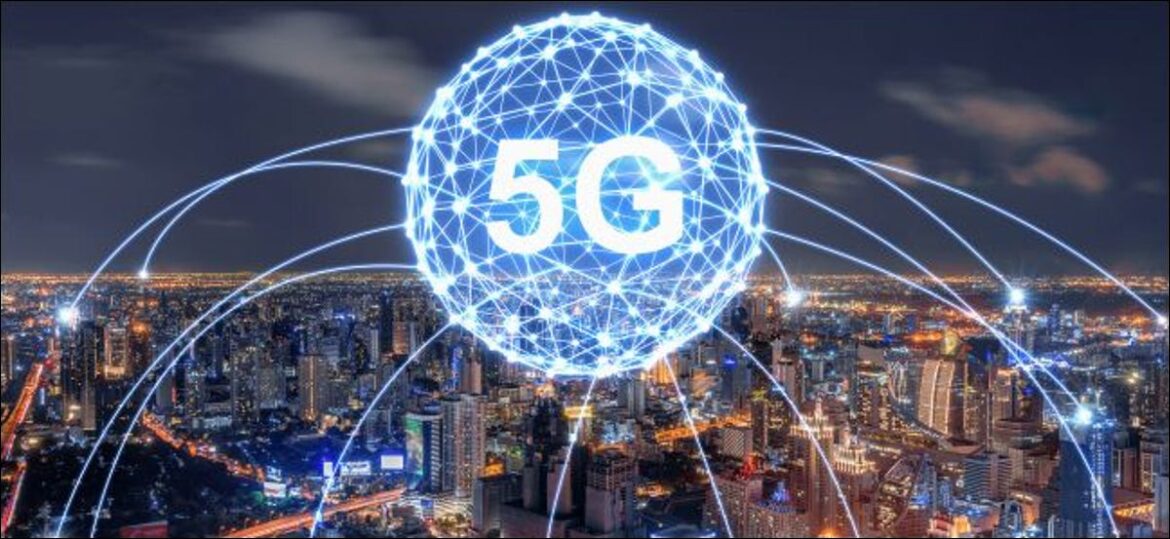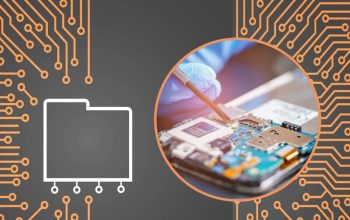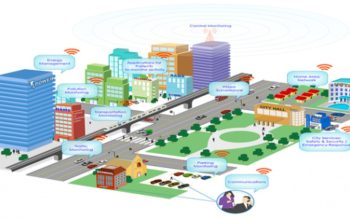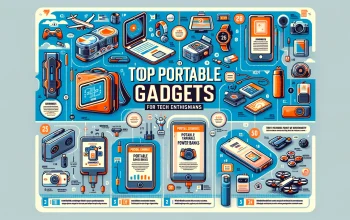Ever since the 5G network has been in the making, we are hearing about how it will transform smart cities. No doubt, one of the cornerstones to smart city development is the expansion of 5G technology.
Cities across the world are using technology to improve the economy, environment, and social elements of city life. A ‘smart city’ is one that employs technology to better the lives of its population while also improving communication between residents and officials. ISPs like TV and Internet deals have further made that easy by offering affordable plans. According to statistics, by the year 2025, the international market for smart city services is expected to hit $2.57 trillion!
Understanding Smart Cities
According to the European Commission, a smart city is a place where traditional networks and services are made more efficient with the help of technology for the benefit of its citizens and businesses. To transform a city into a smart city, new technologies must become widespread, for urban sustainable development and enhanced quality of life for the residents.
Smart cities employ the IoT for gathering real-time data to understand changes in the demand patterns and respond with efficient and cost-effective solutions. City ecosystems, in general, are built on the ICT frameworks which connect a variety of dedicated networks of home appliances, mobile devices, communication gateways, sensors, smart cars, and data centers.
The Evolution of Smart Cities
Smart cities aren’t just a dream, many are already operational and increasing rapidly thanks to the IoT solutions.
A smart city is a framework for developing, deploying, and promoting sustainable development strategies to solve the ever-growing urbanization issues. It is mostly made up of information and communication technologies (ICT). ICT enables a network of connected objects and devices (also known as a digital city) to send data using wireless technologies.
Real-time data is received, analyzed, and managed by cloud-based IoT apps to assist municipalities, businesses, and individuals in making better decisions and improving their quality of life. Smart city citizens interact with the ecosystems in a variety of ways, including through their smartphones, other mobile devices, and connected cars.
How 5G Is Expected to Impact Smart Cities?
The best way to think of 5G is as a facilitator. The technology is expected to provide the connectivity needed to transfer and analyze large volumes of data in smart cities.
As a result, the rollout of 5G will assist businesses and governments in realizing the potential of the IoT. By 2025, according to IDC, there will be more than 41 billion linked IoT devices worldwide. In the world of IoT, quicker and more reliable mobile connections can open new possibilities and build more smart cities or make the existing cities smarter.
A smart city is simply an urban region that employs technology, data, and sensors to operate in a significantly more efficient manner. The transfer of real-time data over 5G networks can help save money, lower carbon emissions reduce waste, fight crime, and improve the daily life of the citizens.
Through 5G, for instance, smart cities can make better decisions regarding how to direct traffic and where road and parking improvements are needed. Let’s have a look at more applications of 5G in smart cities.
Safer Environment for Residents
Smart cities are adopting 5G not only to tackle transportation and infrastructure challenges but also to improve the safety of their citizens. Smart cities can create strategies to handle a variety of objectives, such as earthquake warning, flood rescue, damage assessment, and data modeling for the homeless.
Similarly, smart cities using 5G can develop an alert system that alerts pedestrians via smartphone notification when an unsafe or suspicious vehicle approaches. They can also use smart software in conjunction with security cameras to locate the source of gunshots and catch criminals quickly. In other words, the next-generation network, due to its speed and accuracy, can help make smart cities safer.
Greener Environment
The dedication to energy conservation and pollution reduction is a core pillar of any smart city. As 5G becomes more widely available, cities and their environmental programs will see an upsurge in green-tech applications. 5G will help smart cities and smart buildings achieve net-zero emissions, reduce the use of energy, and cleaner air by enabling real-time data transfer.
Wireless connections are necessary for monitoring industrial tank levels and chemical emissions, and without them, green technology would be impossible. Solar panels, precision agriculture, and other green technologies will definitely benefit from 5G’s management and automation.
A Shining Example of Smart City
Amsterdam smart city is a brilliant example of a smart city that has reaped the benefits of unlocking the data vault. Since its inception in 2009, this Smart City initiative has grown to include over 170 initiatives.
It also makes traffic and transportation data available to interested parties, such as developers, who use it to construct mapping apps that are linked to the city’s transit systems to make city navigation easier.
Traditionally, municipal officials and urban planners used to develop policies in conjunction with the private sector to address urban issues. One of the most significant advantages of smart cities is that information and communication technologies such as predictive algorithmic, Big Data, and IoT are now being used to solve problems. The local government, transportation infrastructure, and environment – everything in the Amsterdam smart city is contributing to a more sustainable and livable locality.
What to Expect in the Future
Like everything else, during the COVID-19 pandemic, smart cities came under greater strain than ever. many new technologies have emerged that are aiding in the virus’s containment, and 5G is one of these crucial tools. While 5G deployments are still in their infancy, first-mover smart cities are seeing early use cases in sectors such as smart transportation and healthcare, with more applications on the way.
Many of the first 5G smart city services have already reaped the benefits of 5G’s high bandwidth and low latency capabilities. It’s worth mentioning that 5G networks alone will not be enough to transform cities. Councils, government bodies, businesses, private organizations, researchers, and citizens must continue to work together to develop strategies for the formation of smart cities. There is a lot out there to take inspiration from.
James Henry was born in Silver spring, Maryland. The youngest of five children. He is an experienced creative Technology writer who always pushes the limit and makes the expectation too high in the Technology niches. He has worked for many Tech Related blogs mainly TID – TV and Internet Deal.
With his 5+ years of experience, He have a great knowledge of Technology issues and improvements which we all can see in his content which is always fresh and updated. He inspires his readers with amazing technology knowledge.




